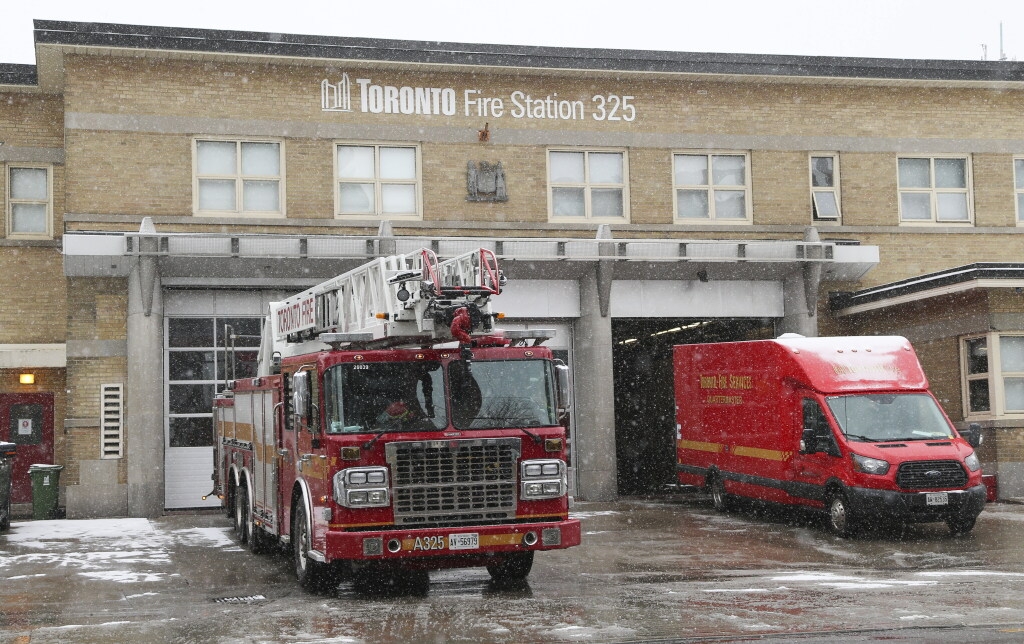Feet and knees together...
External review found military's COVID-19 vaccine policy violated Charter of Rights
- Policy resulted in 299 people being released and another 108 leaving the armed forces on their own
A tribunal that is part of the military grievance process has found that the Canadian Armed Forces' COVID-19 vaccine policy violated its members' Charter rights.
The Military Grievances External Review Committee reviews grievances that are referred to it by the chief of defence staff, and provides the chief with non-binding findings and recommendations.
In all, 157 grievances have been filed with the independent tribunal over the military's vaccination policy, which took effect in the fall of 2021 and remained in place for nearly a year before being updated to apply more narrowly.
Because dozens of similar grievances are being considered at the same time, the committee took the step of releasing three annexes in mid-July that laid out its analysis in order to streamline future cases.






/cloudfront-us-east-1.images.arcpublishing.com/tgam/V7SCIHDAFNNTPO326KFOQ7U6KM.JPG)

